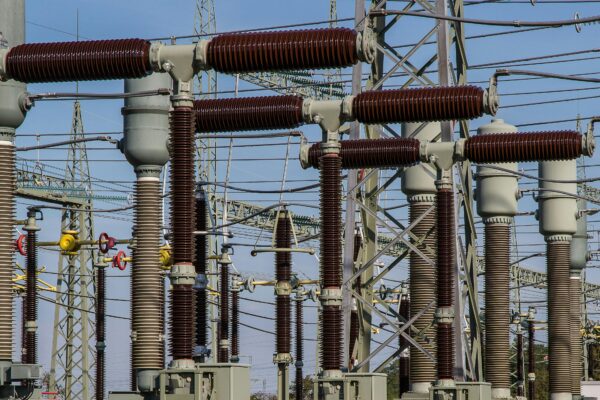The UK’s energy networks industry are facing a critical barrier that threatens to slow down the country’s energy transition and economic growth: outdated land rights and consenting processes. Both the Energy Networks Association (ENA) and the Independent Networks Association (INA) have raised alarms about the significant delays, rising costs, and growing uncertainties surrounding essential infrastructure projects due to inefficient land rights procedures.
In a joint letter to Energy Minister Michael Shanks MP, the two organisations have called on the government to address these systemic issues, which threaten to derail the UK’s ambitions for a clean energy future. These delays are seen as a direct challenge to meeting the UK’s Clean Power 2030 targets, undermining investment opportunities, and slowing progress towards cleaner, more affordable energy for consumers.
Land rights have become a major sticking point, with current systems being slow, complex, and not transparent enough to support the fast-paced demands of infrastructure development. The ENA and INA highlight that while progress has been made in other areas of planning reform, the land rights framework lags behind and urgently needs to be modernised to keep pace with the sector’s evolving needs.
In particular, the joint letter draws attention to the findings of the National Infrastructure Commission (NIC), which has long recommended that the land rights framework for electricity networks should be aligned with that of water and telecoms operators. This would streamline the approval process, reduce costs, and provide greater investment certainty.
Lawrence Slade, Chief Executive of ENA, emphasised the urgency of reform, stating: “Despite the good progress DESNZ have already made on planning reform, the scale and urgency of this issue cannot be overstated. The current Land Rights system is slow, complex, and fails to deliver the transparent and fair process the country needs. We need these reforms to help ensure the UK can deliver the energy infrastructure necessary to meet future demands for clean, secure, and affordable power.”
The collaboration between ENA, INA, and the Central Association for Agricultural Valuers (CAAV) has resulted in a new Code of Practice aimed at improving negotiations with landowners. This code aims to standardise negotiations and provide clear pathways for dispute resolution, reducing the need for government intervention and fostering a more transparent process. However, both ENA and INA stress that this step must be complemented by broader legislative and regulatory reforms to effectively address the challenges the energy sector faces in upgrading its infrastructure.
Nicola Pitts, Executive Director of INA, explained: “The collaborative development of the new Code of Practice is a significant step forward, demonstrating our commitment to transparent, fair, and efficient negotiations with landowners. However, this must be supported by broader legislative and regulatory reforms to truly unlock the infrastructure upgrades necessary for Britain’s clean energy transition.”
With a shared goal of enabling the transition to a cleaner, more resilient energy system, ENA and INA are calling on the government to take swift and decisive action. They have requested a meeting with Minister Shanks to discuss solutions that can modernise the land rights framework and ultimately enable the country to achieve its clean energy ambitions.
As the UK pushes towards its Clean Power 2030 targets, modernising the land rights system is essential for accelerating infrastructure upgrades, fostering investment, and supporting economic growth. The energy networks sector has laid out a clear path forward, but it is up to the government to act swiftly to ensure that the necessary reforms are put in place.


